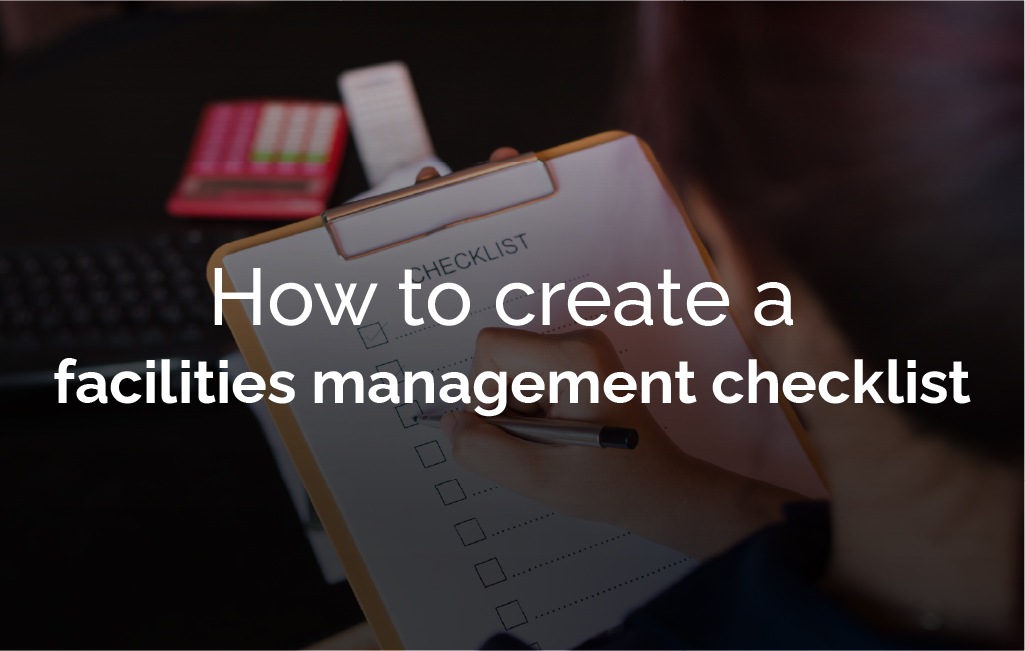


Facility management is a complex and
multi-faceted field, and there are a variety of contract types that can be used
in order to provide the best possible service. In this blog post, we will
outline the types of contract commonly used in facilities
management, and discuss the benefits and drawbacks of each arrangement. We
will also help you decide which type of contract is right for your company's
needs and budget constraints.
The benefits of each type of contract
arrangement vary depending on the specific needs of the customer. Fixed-price
contracts are ideal for customers who need certainty and stability, while
cost-plus contracts can be beneficial when you want to encourage contractors to
work efficiently and look for ways to reduce costs. Task-order contracts are
perfect for as-needed work, and performance-based contracts can be beneficial
when you need to highly customize the services or ensure contractors are
meeting specific objectives.
However, there are drawbacks for each type
of contract arrangement as well. Fixed-price contracts provide less flexibility
to adjust the scope of work, while cost-plus contracts can lead to increased
costs if not carefully monitored. Task-order contracts can be too expensive for
smaller projects, and performance-based contracts require more upfront work to
establish measurable objectives.
The decision of which type of contract is
best for your company's needs and budget constraints should be based on an
assessment of the specific services you require as well as the resources you
have available to manage the project. Consider factors such as the length of
time services are needed, whether there is a need for customization or tailored
solutions, how closely costs need to be monitored, and how the payment
structure will impact your cash flow. Additionally, it is important to review
each prospective contractor's references and ensure they have experience with the
type of contract you are considering. By taking all of these factors into
account, you can make an informed decision that best meets your organization's
needs.
Before signing a contract with a potential
FM service provider, you should ask questions such as:
By asking these questions and getting clear
answers, you can ensure that the FM service provider is a good fit for your
organization's needs before entering into a contractual agreement. It is
important to make sure that both parties understand all of the terms outlined
in the contract including payment timelines, performance metrics, and dispute
resolution processes. Once both parties have agreed to the terms and
conditions, it is essential to review the contract regularly to ensure all
obligations are being met. This will help ensure that your business
relationships with FM service providers remain healthy and productive over
time.
Choosing the right type of contract in facilities management is a complex process. You must carefully weigh the advantages and disadvantages of each option before considering it for your organization. Ultimately, the decision needs to meet your needs and budget requirements while offering effective solutions to allow the managed facility to run smoothly and efficiently. Be sure to ask any potential FM service providers important questions such as what services they offer, how experienced they are in that specific specialization, and what their pricing structure looks like before signing a contract. Ultimately, with careful consideration, you can make an informed decision that will empower your organization so that you can continue running efficiently with an optimal facility. Comment below if you have any questions or further thoughts on selecting the best FM contract type!

As a property manager, it's important to always be on the lookout for new opportunities that can unlock…

When it comes to managing a facility, there are a lot of moving parts. To help keep track of everything,…

Technology has infiltrated every aspect of our lives, and the real estate industry is no exception.…

Sustainability is a critical consideration for businesses of all sizes and in all industries. In the…

Property asset management is the process of overseeing and managing a property or group of properties.…